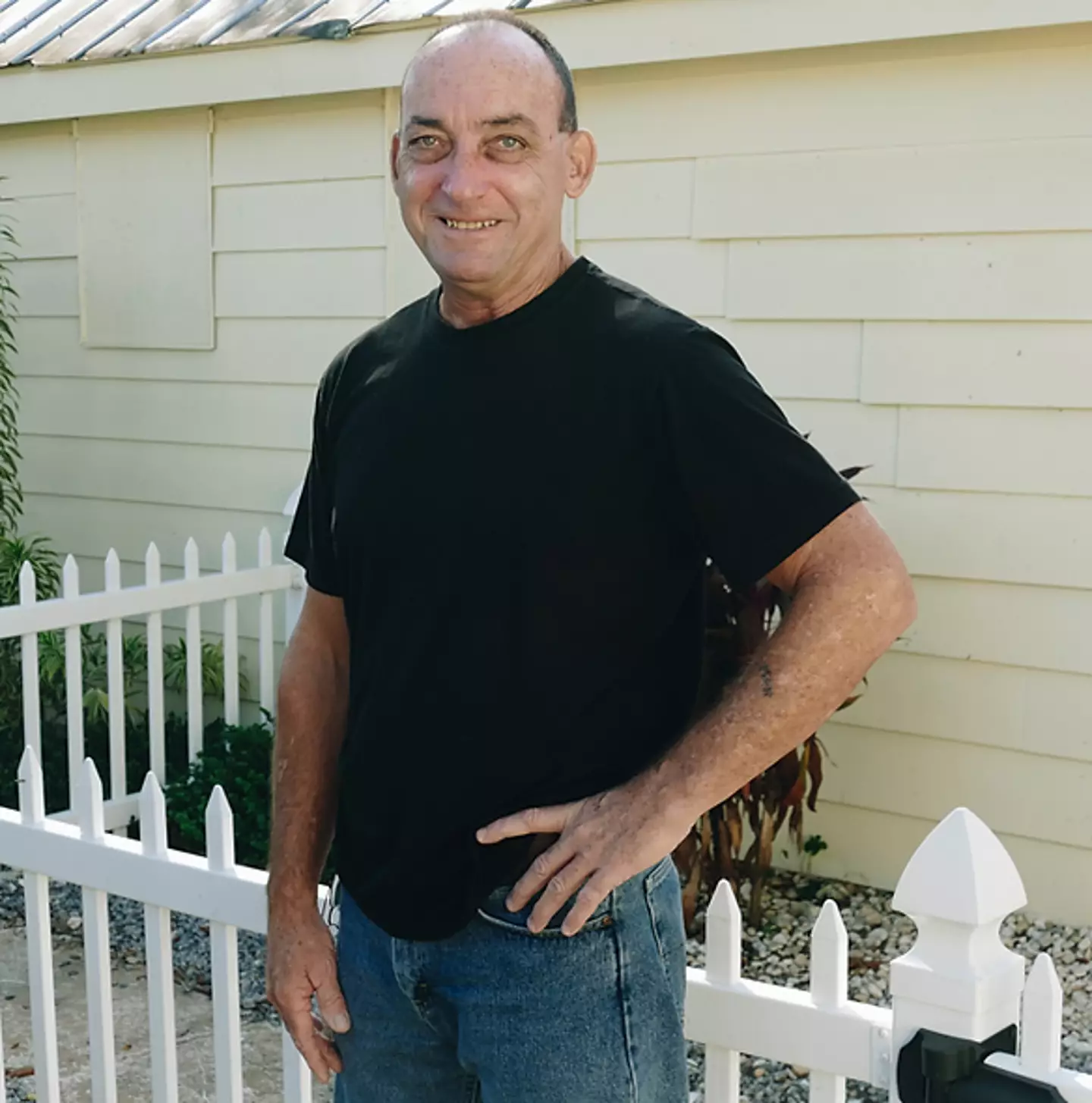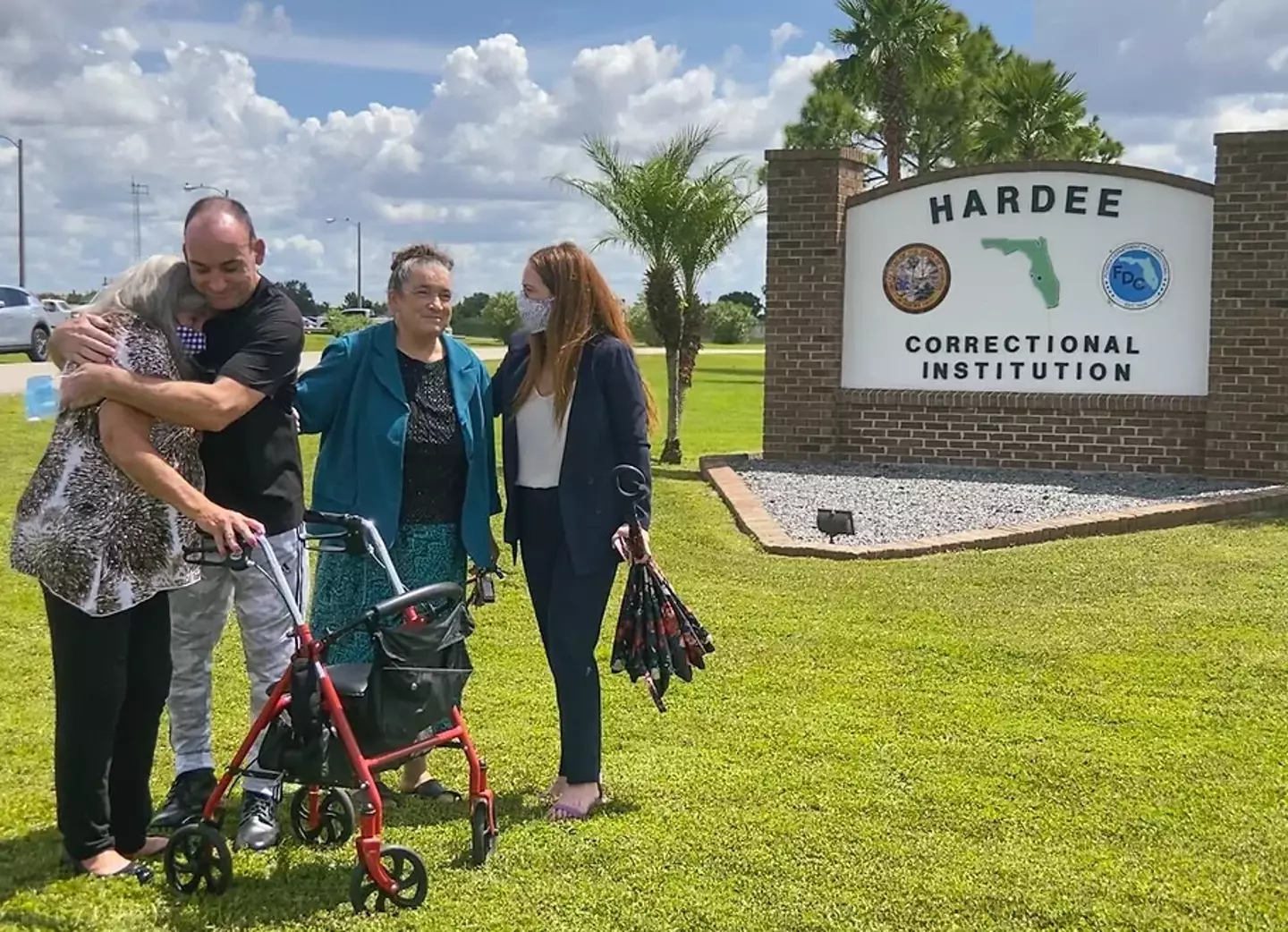A man who spent 37 years wrongfully imprisoned has shared the profound challenges he faced reintegrating into society after such a lengthy period. Being away from the outside world for decades can create a significant disconnect, and Robert DuBoise experienced this first-hand. DuBoise was only 18 years old when he was convicted of the rape and murder of 19-year-old Barbara Grams, who was attacked while walking home from her job at a Tampa restaurant in 1983. His release in 2020, facilitated by the Innocence Project, marked the end of his long ordeal. Robert DuBoise was wrongfully imprisoned.

Despite his innocence, DuBoise’s wrongful imprisonment took a toll on his life. In a detailed interview conducted by Tampa Bay Times journalists Christopher Spata and Dan Sullivan, along with an interactive AMA session on Reddit, he discussed some of the greatest challenges he has faced since his release. During the AMA, which has since been closed, DuBoise was asked about the most difficult adjustments he has had to make. He mentioned, “The phone. Before I went in, if you wanted to go somewhere, you used paper maps. No Google Maps or cell phones. Not to mention things you can look up on the internet now that you would have had to drive miles to find. A part, a piece of furniture, you can browse without going anywhere… I stayed up all night with the phone the first few nights.” The former prisoner has opened up on life back in society.
Initially, DuBoise struggled even to answer a phone call. “At first, I couldn’t answer it when my lawyer Susan called me. I was tapping it because I didn’t know how to slide it. It was overwhelming at first. I’d seen cell phones in prison, that people would get once in a while, but I would never use them,” he explained.
The rapid changes in American society over the past 37 years also left DuBoise feeling bewildered and disoriented. When asked about his craziest realizations after returning to society, he responded, “Everything. Listen, I didn’t even recognize a store anymore. Kmart, Zayres, Kash N Karry, were all gone. When I left, there was only one mall that I knew of. It was only a few well-known stores back then. I walked into a mall when I first got out, I was like forget it — I’m in a small city… I got lost in a Target when I first got out.”

DuBoise’s journey highlights the significant impact of wrongful imprisonment and the challenges of adjusting to a world that has evolved dramatically in the intervening years. His experiences underscore the difficulties faced by those who are reintegrated into society after long periods of incarceration, particularly when they have been exonerated after decades of wrongful imprisonment.

